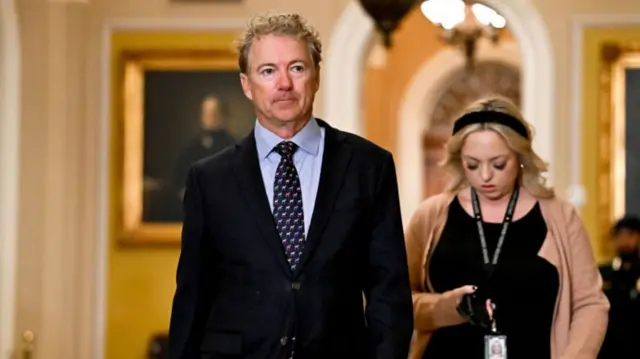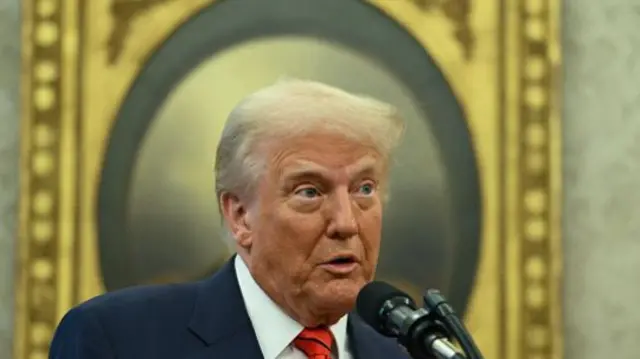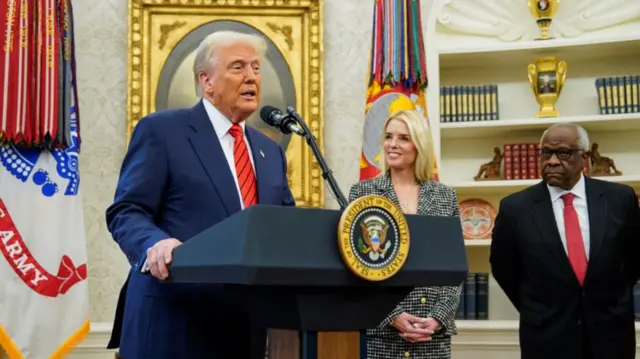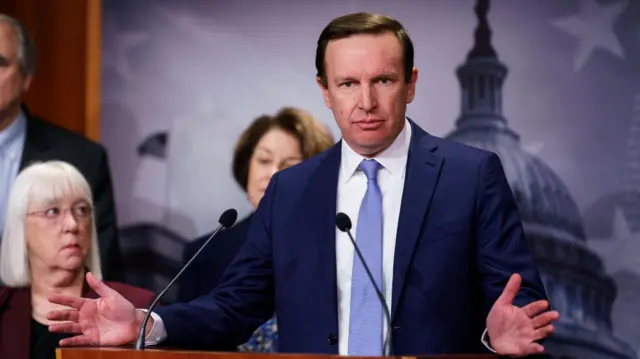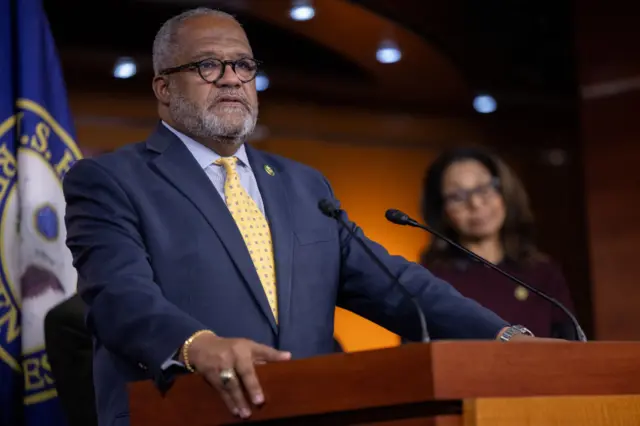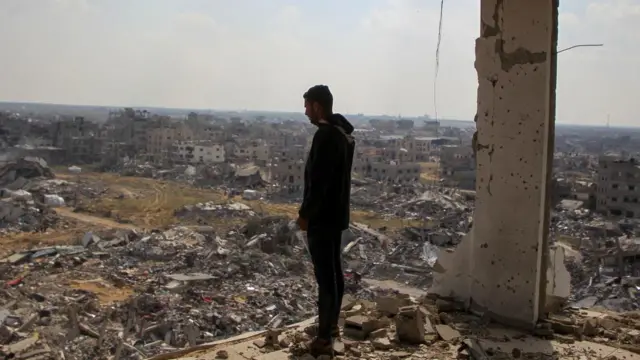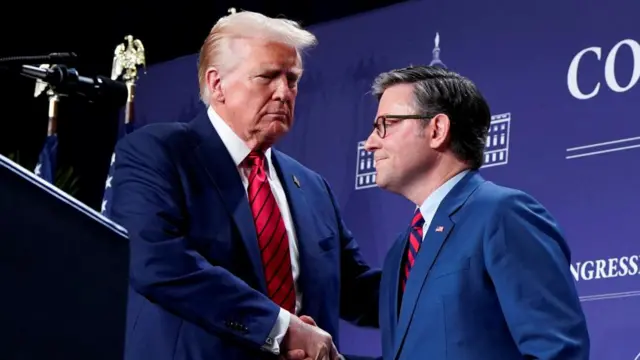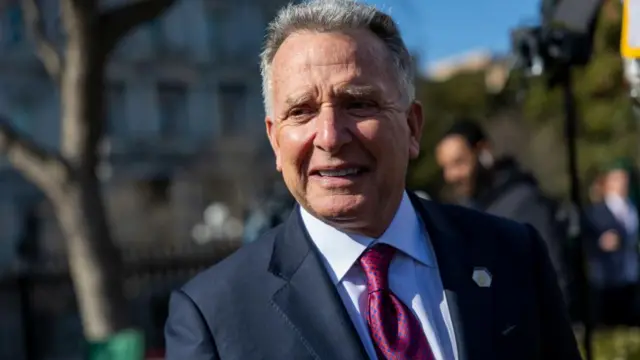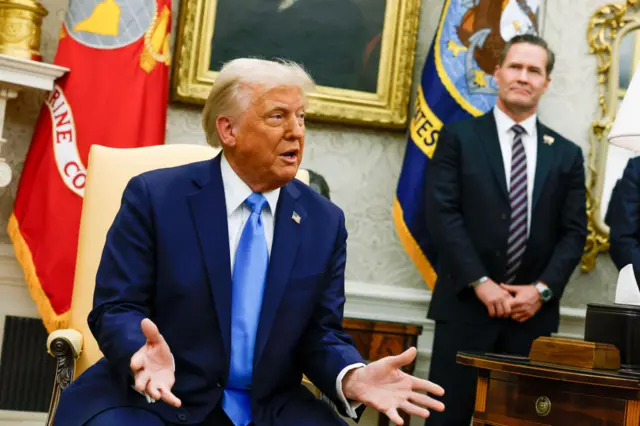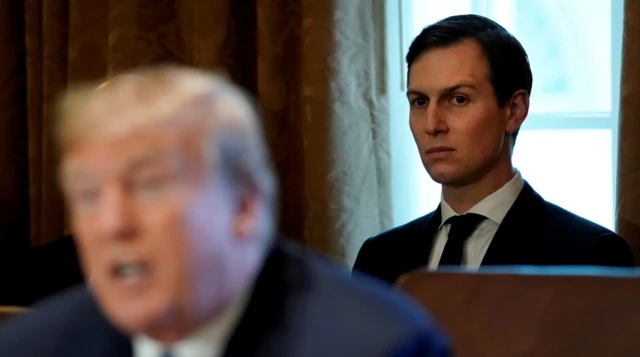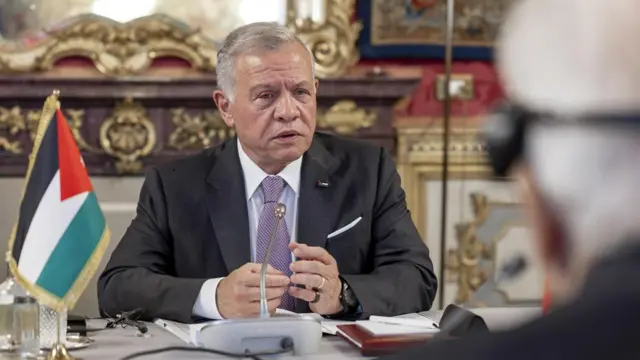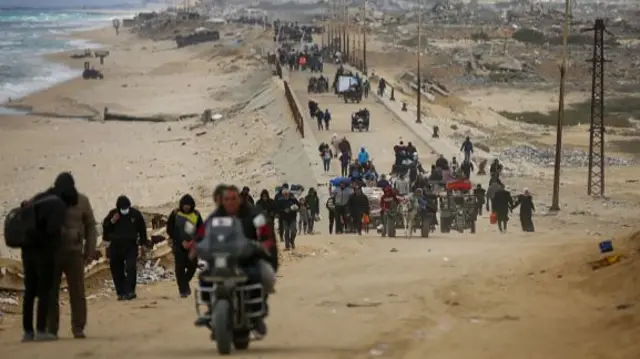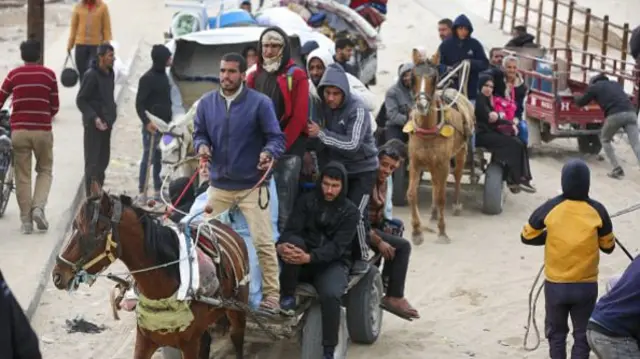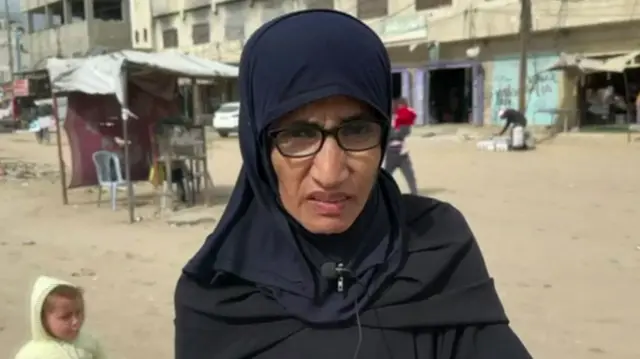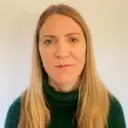White House to give briefingpublished at 17:37 GMT 5 February
 Bernd Debusmann Jr
Bernd Debusmann Jr
Reporting from the White House
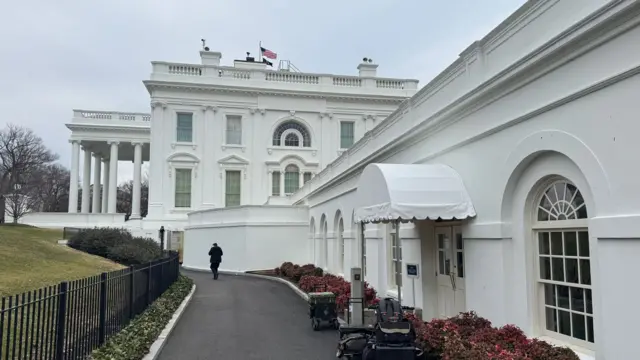 Image source, Bernd Debusmann Jr/BBC News
Image source, Bernd Debusmann Jr/BBC NewsI'm at the White House, where President Trump is in for another busy day after a particularly eventful evening that drew attention from around the world.
So far - and with Trump, this is subject to change - we know that at 14:30 EST (19:30 GMT), Trump is due to meet with Texas Governor Greg Abbott.
Half an hour later, he will sign an order regarding transgender athletes in women's sports. We'll have more details on that shortly.
At 16:00 EST, he's slated to meet with California Governor Gavin Newsom, a long-time political foe. The two also met recently, when the newly sworn-in president visited areas devastated by blazes in the Los Angeles area.
There's also a briefing by Press Secretary Karoline Leavitt coming up shortly at 13:00 EST (18:00 GMT)
Among those already at the White House today is Peter Navarro, Trump's Senior Counselor for Trade and Manufacturing, who was seen walking into the West Wing just moments ago after describing Trump's proposed External Revenue Service as a "great thing" that will allow the US to collect tariffs and reduce taxes.
